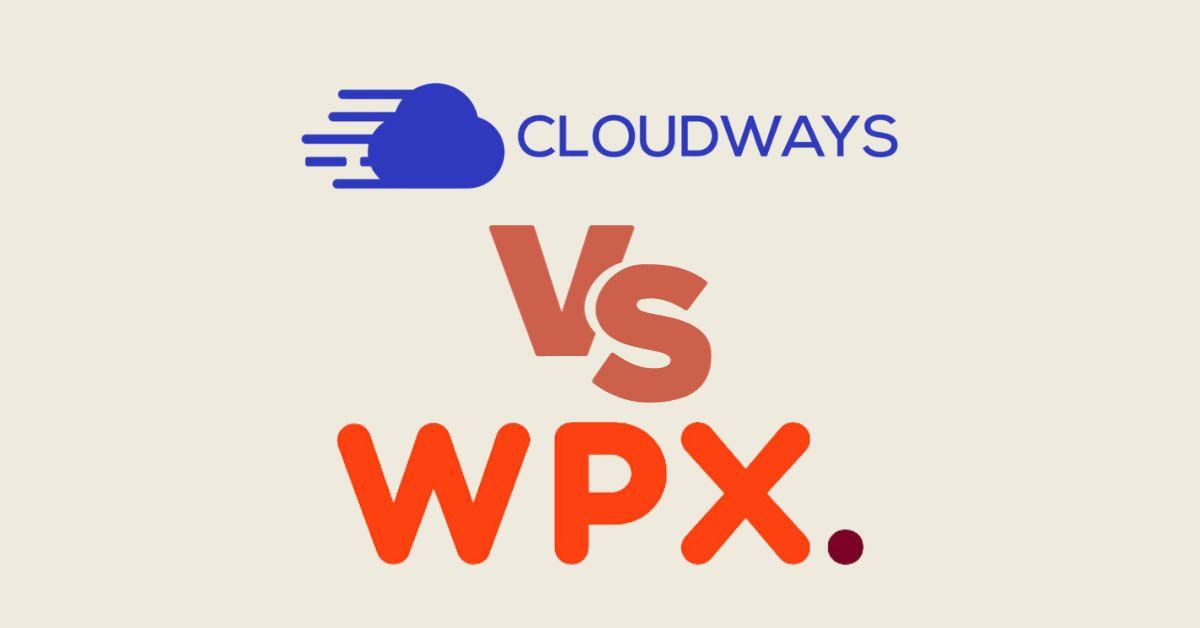Welcome to this comprehensive guide, where we dive into the challenging maze of eCommerce platforms.
The eCommerce world can be complex and intimidating, from small businesses starting with a basic to large corporations requiring advanced structures.
This guide compares the strengths and weaknesses of Shopify, Magento, and WooCommerce to help you make an informed decision.
Shopify vs WooCommerce vs Magento: Quick Breakdown
Shopify, Magento, and WooCommerce are eCommerce platforms with varying user interfaces, functionalities, and hosting services.
Understanding their differences is essential in choosing the right platform for your online store.
Background & History

- Shopify: Established in 2006, it began as an online store for snowboarding equipment.
- WooCommerce: An open-source plugin designed for WordPress, WooCommerce has democratized e-commerce since 2011. It offers vast customization potential for those familiar with the WordPress ecosystem.
- Magento: Owned by Adobe, Magento began its journey in 2008, catering to small and large businesses. Its scalability makes it a favorite among many. Now, it is Adobe Commerce.
Features & Functionalities

Magento boasts flexibility and scalability, making it a popular choice for large enterprises.
Shopify allows easy use with its intuitive drag-and-drop interface, extensive Shopify themes, and built-in Shopify payments system.
WooCommerce, a WordPress plugin operating as an eCommerce platform, provides seamless integration for existing WordPress sites and is cherished for the freedom it offers through its open-source nature.
- Shopify's hosted solution ensures that users don't have to worry about the technical side of things. It's all about getting your store up and running in no time.
- Given its WordPress roots, WooCommerce offers unparalleled customization. But remember, with great power comes great responsibility!
- Magento, being a powerhouse, offers advanced features. However, it might be a bit much for e-commerce newbies.
Ease of Use

- With Shopify's intuitive drag-and-drop interface along with free and paid shopify themes, it is a paradise for beginners.
- If you've tinkered with WordPress, WooCommerce will feel like home.
- Magento is feature-rich, but it demands tech-savviness.
Pricing Models
- The pricing structure of Shopify follows a tiered system that is easy to understand, although it may be considered expensive.
- While WooCommerce is free, certain plugins and themes might burn a hole in your pocket.
- Magento's community edition is free, but its enterprise solution has a hefty price tag.
Security & Support
- Being a hosted solution, Shopify takes care of security concerns.
- With WooCommerce, security is primarily your responsibility, so always update those plugins!
- Magento offers strong security features but, like WooCommerce, demands user attention.
Scalability & Performance
- Shopify provides consistent performance, suitable for developing businesses and growing enterprises.
- WooCommerce's performance hinges on your hosting provider. Choose wisely!
- Magento is designed with scalability in mind, making it perfect for businesses with big aspirations.
Integration & Add-ons
- Shopify's App Store is brimming with integrations for every need.
- Being WordPress-based, the world is your oyster when it comes to plugins.
- Magento offers a wide range of extensions, but they can be pricey.
Cost Comparison:
- Shopify offers monthly subscription plans that include hosting and customer support.
- WooCommerce has a free plugin, but keep in mind the costs of web hosting, domain, and an advanced WooCommerce inventory plugin.
- Magento offers two versions: Magento Open Source, which is free, and Magento Adobe Commerce Cloud, which has a license fee.
Customization Flexibility: WooCommerce vs Magento

WooCommerce and Magento offer extensive customization options.
However, WooCommerce allows for customization via themes and plugins, which are numerous due to its WordPress integration.
Meanwhile, as an open-source platform, Magento provides massive flexibility and customization options.
However, you may need a web developer's assistance.
Which one? Shopify vs WooCommerce vs Magento
Starting an online store can be daunting, but Shopify makes it easy with its user-friendly platform and 24/7 support.
While WooCommerce and Magento have their strengths, their technical requirements can be a turn-off for some merchants.
Conclusion
In the battle of Shopify vs WooCommerce vs Magento, there's no one-size-fits-all answer.
Your choice depends on your technical prowess, budget, and specific needs.
But armed with this guide, you're one step closer to making an informed decision.
Contact us if you need WordPress or Shopify e-commerce store today.
FAQs






